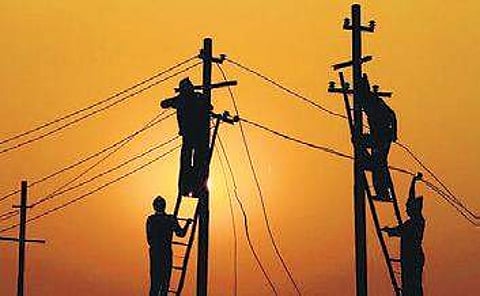

BHUBANESWAR: Energy minister Pratap Deb on Friday rejected the Opposition parties’ demand for free and subsidised power supply in the state warning it will lead to a Sri Lanka-like situation. Replying to a discussion on an adjournment motion brought by the Opposition in the Assembly, the minister said though electricity is a basic requirement of people, supply of free power is not the solution.
Deb was responding to Opposition members who cited example of states like Punjab and Delhi which are supplying free power and Andhra Pradesh, Chhattisgarh and Telengana which are providing subsidised power to people. He said the state government has been taking all possible steps to streamline the distribution network and ease the burden on consumers.
Congress member Santosh Singh Saluja alleged the government has failed to plug transmission losses. He said losses sustained by the distribution companies are being passed on to consumers thereby increasing their power bills. Stating that Odisha is steadily increasing tariff despite the fact that it is a power surplus state, Saluja demanded the government should provide free electricity up to 200 units to the consumers.
Opposition chief whip Mohan Majhi alleged the government has sacrificed the interests of the consumers for the benefit of distribution company. Due to poor management of power distribution on the part of the government, the consumers of the energy-surplus Odisha are forced to pay hefty electricity bills, he added.
Stating that consumers in Odisha are paying Rs 5.22 per unit compared to national average of Rs 5.11 per unit, Majhi said the government is not taking adequate steps to promote non-conventional energy sources. The minister, however, refuted Opposition’s allegations and said demand has gone up along with increase in power generation. He said 97 per cent households in the state have electricity connection now compared to 28 per cent in 2000. The number of consumers has also increased to 98 lakh in 2023 compared to 16 lakh in 2000, he said.
The demand for electricity has also gone up from 10,000 million units in 2000 to 27,400 million units in 2023. Peak hour demand now stands at 5,200 million units. The minister said transmission loss has been brought down from 57 per cent in 2000 to 26 per cent in 2023.